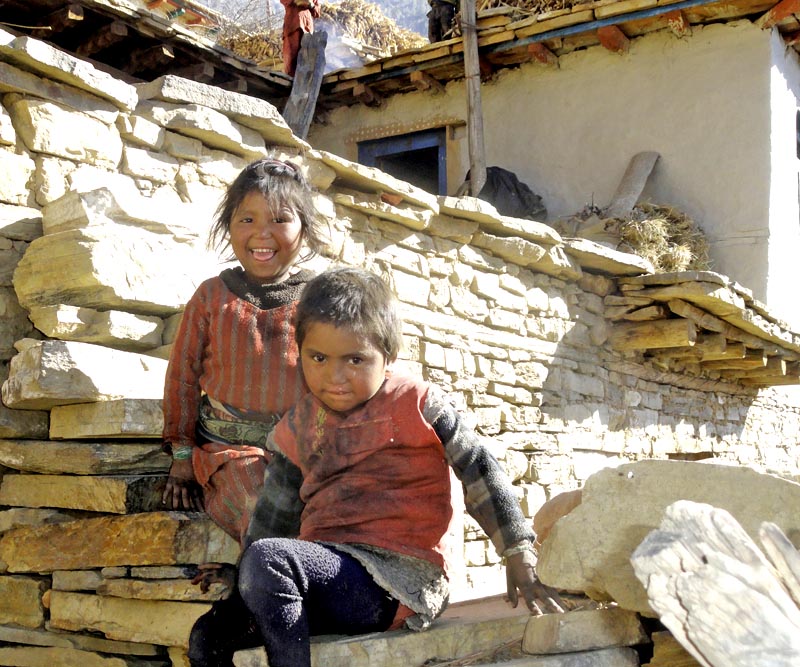From marriage to murder, one in four robbed of childhood globally
LONDON: The number of children who are married, pregnant, labourers, die violently or miss out on school has fallen by almost 30% to 690 million since 2000, when nations endorsed global development goals, the charity Save the Children said on Tuesday.
Singapore, Sweden, Finland, Norway and Slovenia topped the rankings of a report examining health, education, child marriage and child labour practices in 176 countries, while South Sudan, Mali, Chad, Niger and the Central African Republic scored worst.
Here are some facts on how children fare today compared to 2000:
-- About one in four of the 2.3 billion children alive today under the age of 18 have been robbed of their childhoods by child marriage, early pregnancy, exclusion from education, sickness and malnutrition.
-- Deaths of children under five have halved to 5.4 million from 9.8 million in 2000.
-- Child homicides have fallen by 17% since 2000 to 85,000 murders of young people under the age of 20 in 2016.
* The number of stunted children fell by 49 million since 2000 to 149 million. However, numbers have risen in Africa, which accounts for four in 10 children globally who are stunted due to poor nutrition and repeated infection.
-- An additional 130 million children are now in school, 60% of whom are girls. Some 262 million children remain out of school.
-- There are 94 million fewer child labourers, with eastern Europe and Central Asia making the most noticeable gains. But one in 10 - or about 152 million - children still work, and nearly half of those live in Africa.
-- The number of child brides dropped by nearly 11 million to 37 million, with South Asia halving its early marriage rates. If all girls finished high school, an extra 51 million child marriages could be prevented by 2030.
-- There are 13 million teenage births each year today, falling by 3 million since 2000.
-- The number of children living in a warzone more than doubled to 420 million since 1995 - about one in five children - with those in countries like Afghanistan, Central African Republic, Iraq and Syria worst affected.






